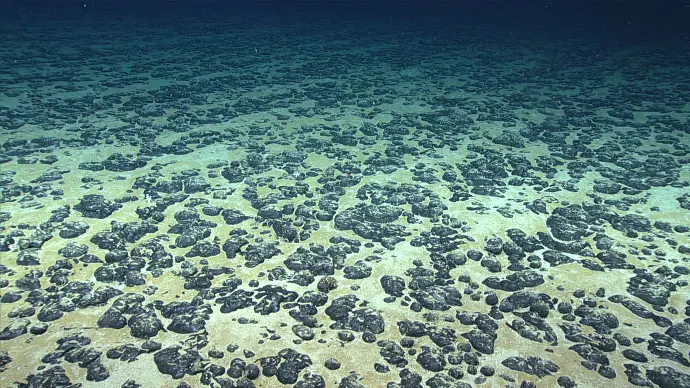The oceans include by far the most diverse and extensive living ecosystems of our world. While enormously resilient, the oceans have become subjected to numerous threats, including overfishing, pollution, acidification, and global warming. Their state of health, and the many lifeforms that reside within them, are about to encounter additional challenges. These include intensifying demands by many countries to proceed with exploitation and commercialisation of the vast seabed floor. The main culprit driving this development is, paradoxically, the big push in the global north to shift from fossil-fuel powered vehicles to EVs, triggering an unprecedented rush to secure suppiies for the rare metals that make up battery components.
Deep sea minerals located outside national jurisdictions, which makes up more than half the ocean surface, are subject to the rules of the 1982 UN Convention on the Law of the Sea. Access is under the governance of the International Seabed Authority (ISA).



ISA’s framework distinguishes between explorative and exploitative activities:- Exploration covers search for resources- Exploitation denotes the process of collecting and refining minerals. In 2013, ISA adopted regulations that spell out who, where, and how investors are allowed to explore. Some 30 contractors have thus far been granted such rights, comprising many multinational firms from varied sponsor states. In regard to exploitation, on the other hand, guidance is lacking how to proceed
Despite significant pressure from international investors to conclude a definitive Mining Code, ISA is yet to address the terms of exploitative investments. In 2021, Nauru triggered a provision in the ISA Implementation Agreement that gave the ISA two years to finalise a Code before contracts could be awarded. Nauru is interested in mining the Clarion-Clipperton Zone (a resource rich area between Hawaïi and Mexico). Despite this pressure, ISA's 2023 series of meetings were concluded in July without finalizing a Code.
The consequences of not finalizing the Code are not yet clear. Under current law, ISA must provisionally consider mining applications based on provisional rules, regulations, procedures, and norms. However, provisional rules are provisional for a reason, and many aspects of the provisional rules are hotly contested.
The framework has massive implications because of the value of deep seabed resources, in particular nickel (in nodules) and cobalt and magnesium (in crusts). Demand for these resources are subject to rapid growth. The lithium-ion battery market is projected to rise to US$129 billion by 2027 —more than tripling since 2019. Meanwhile, much of the land-based supplies are under Chinese control. Investors seem hooked on pushing for access to seabed resources, unless technical progress us able to come up with alternatives to conventional storage solutions. Breakthroughs in this respect have indeed occurred which, if able to deliver in the near future, could reduce the risks and allow for more orderly management and control of what projects can go forward, and under what conditions?


